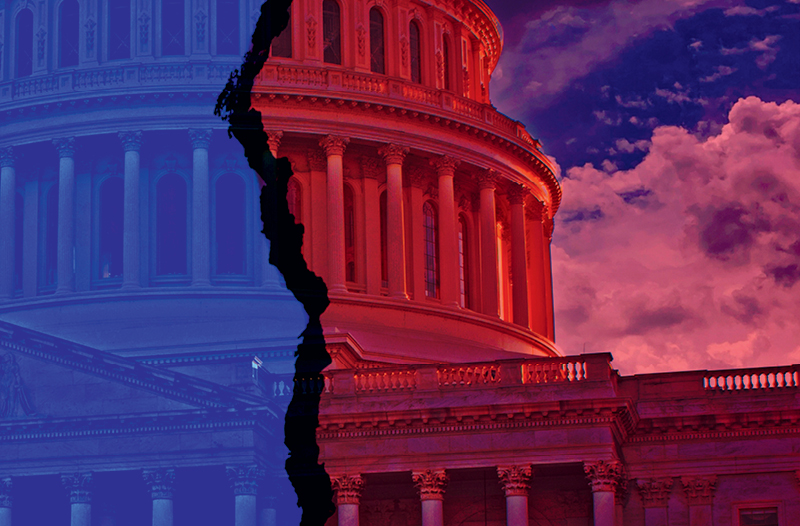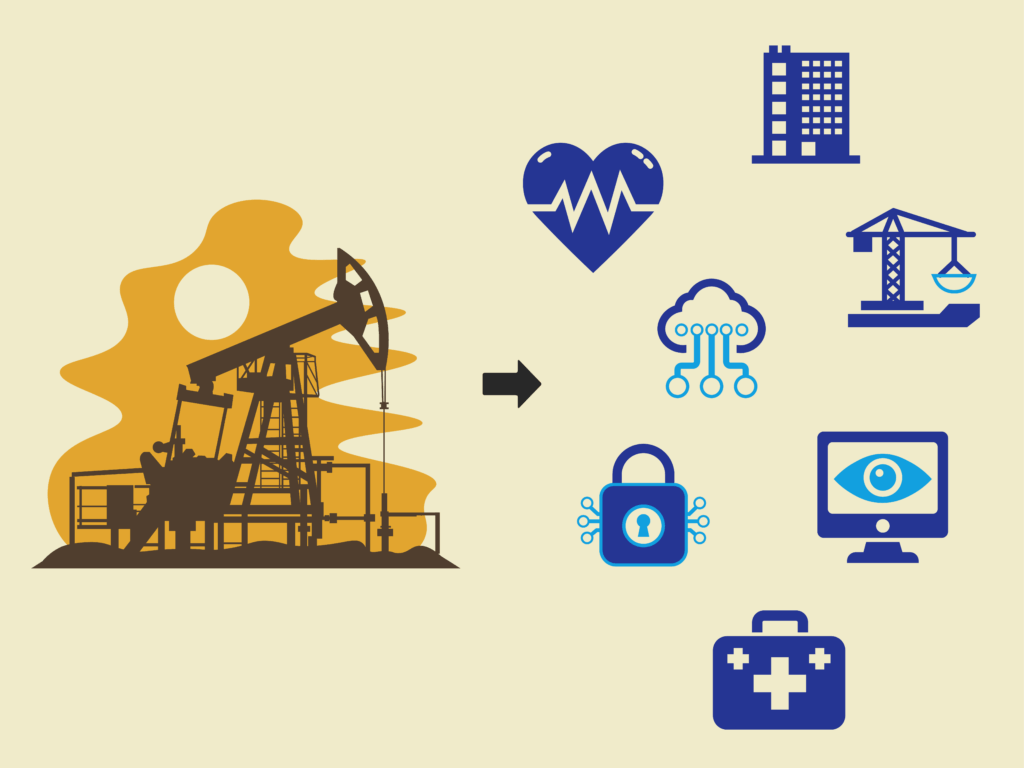

The Council, which publishes Leader's Edge, was joined by Pat Schmid of The Institutes for a discussion on Blockchain during the Insurance Leadership Forum (ILF) 2017.
Blockchain has been highlighted an as emerging industry issue with the potential to be a game changer but there is still much uncertainty around what it is and how it works. To help provide clarity and gear up for the dialogue at ILF, we’ve asked Schmid several key questions.
What is blockchain and why is it important to the insurance and risk management industry?
Schmid: “A blockchain combines a distributed database and decentralized ledger that maintains a continuously growing list of records, called blocks, in chronological order. In most blockchains, new blocks and the data within (transactions, smart contracts, and so forth) are confirmed and verified through a consensus process called mining. This verification process removes intermediary validation and establishes trust without the use of a central authority, such as a bank.
Blockchain could have widespread ramifications across the insurance value chain, with many looking at blockchain technology and associated smart contracts (computer protocols that facilitate, verify and enforce the performance of a contract and that can be self-executing and self-enforcing) as opportunities to:
- streamline the flow and verification of data
- lower operating costs
- improve processes
- remove the need for intermediation
What are a few key insights the industry should be aware of?
Schmid: “The blockchain is significant in that it completely removes the need for verification by a central authority.
For example, through its underlying blockchain technology, bitcoin solved the double-spending problem, which stymied digital currencies before it. For those who have never heard this term, the “double-spending problem” relates to the risk, particularly when digital currency is exchanged, that a person could concurrently send a single unit of currency to two different sources. But bitcoin did even more. It reinvented the concept of monetary networks by providing a true peer-to-peer payment system and eliminating the need for intermediary banks, including central banks.
As important as that all is, blockchain applications are much larger in scope than bitcoin and its associated transaction protocol. More recent blockchains, like the blockchain associated with the Ethereum Virutal Machine (EVM), have further extended the blockchain disruption by establishing the use of smart contracts. These smart contracts could eventually automate large segments of the insurance experience, lowering insurer costs, which could be passed on to consumers.
In addition, insurers have traditionally been reluctant to share their data, even in efforts to tackle industry-wide problems, such as fraud or uninsured motorists. Blockchain provides a superior means to share information through its consensus process and security features. Original blockchains, like bitcoin’s or Ethereum’s, function as shared databases that are both public, in that transactions can be viewed by users, and anonymous, because the associated cryptography hides the identities of parties to the transactions. As business has grown more interested in testing this decentralized ledger technology, private and permissioned blockchains have developed. And the most recent advancements have led to development of permissioned chains on a public blockchain.
Regardless of whether the blockchain is private, permissioned or public, and whether it allows transactions or contracts, the very concept of the decentralized ledger has the potential to change financial services and insurance on the same scale as the internet did—maybe even more so. For insurance, blockchain could help increase market reach and customer personalization while also cutting costs.”
More information can be found at The Institutes white paper.




